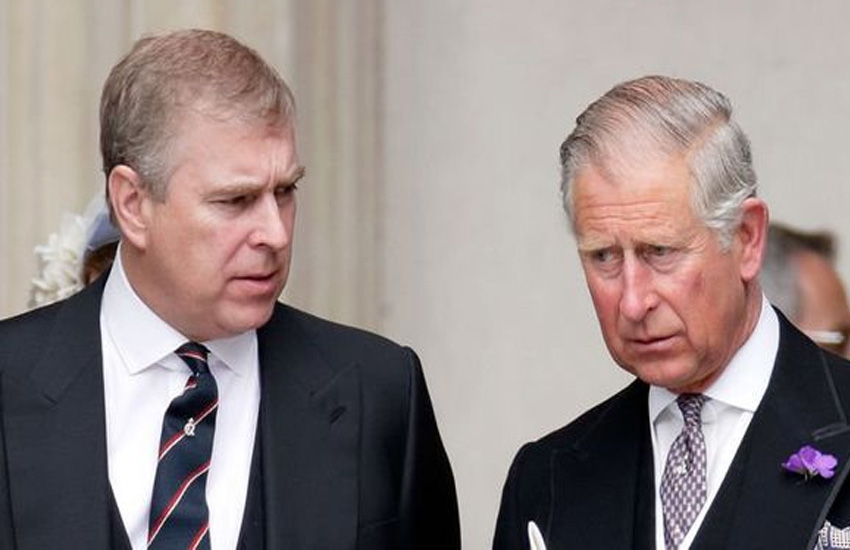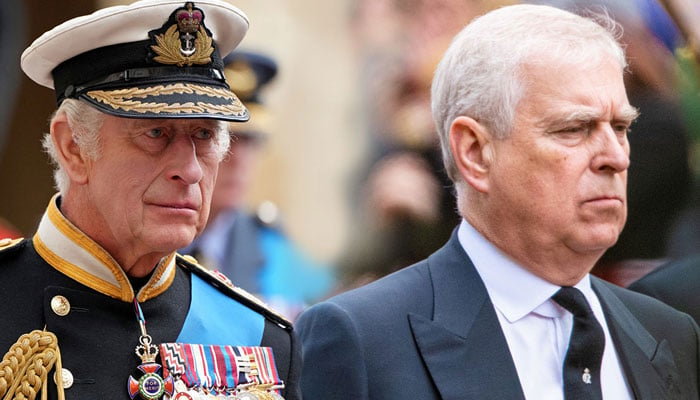Prince Andrew of Greece and Denmark: The annals of history often unfold tales of distinguished personalities, and among them, the story of Prince Andrew of Greece and Denmark stands as a captivating narrative of royal lineage, diplomatic engagements, and personal challenges. Born on February 2, 1882, as the fourth son of King George I of Greece and Queen Olga, Prince Andrew embarked on a journey that would intertwine with the tumultuous events of the early 20th century.
Table of Contents
Early Life and Royal Connections of Prince Andrew of Greece and Denmark:
Prince Andrew’s birth into the House of Schleswig-Holstein-Sonderburg-Glücksburg, a branch of the Danish royal family, and his close familial ties with various European monarchies set the stage for a life in the public eye. His mother, Queen Olga, hailed from the Romanov dynasty in Russia, further connecting Andrew to the intricate web of European royal relationships.

Educational Pursuits and Military Service:
In pursuit of a well-rounded education, Prince Andrew of Greece and Denmark attended military academies in Greece and Germany, honing his skills and preparing for a life of service. His military career flourished, leading him to the rank of Lieutenant in the Greek army. However, the clouds of geopolitical unrest loomed large over Europe, casting a shadow on the stability of the continent.
Royal Alliances and Marriage:
As a scion of two noble houses, Prince Andrew’s marital alliances were of great significance. In 1903, he married Princess Alice of Battenberg, a great-granddaughter of Queen Victoria and a cousin to many European royalty. This union not only solidified his connections with other European monarchies but also marked the beginning of a family that would witness both triumphs and tribulations.

Exile and Turbulent Times:
The early 20th century brought significant challenges to the Greek monarchy, leading to Prince Andrew’s exile in 1917. The political upheavals and the aftermath of World War I reshaped the European landscape, with monarchies facing unprecedented scrutiny. During these tumultuous times, Prince Andrew, along with his family, sought refuge in various European countries, including France and Switzerland.
Family Life and Personal Challenges:
The years in exile were not only politically challenging but also marked by personal hardships. Prince Andrew of Greece and Denmark and Princess Alice faced financial difficulties and the burden of raising a family in a foreign land. Despite the trials, the couple’s commitment to each other and their children remained steadfast.

The family’s connection to the British royal family grew stronger when their daughter, Princess Alice of Battenberg, married Prince Andrew’s cousin, Prince Philip of Greece and Denmark. This marriage laid the foundation for a link between the British and Greek royal families, as Prince Philip later became the Duke of Edinburgh and consort to Queen Elizabeth II.
Return to Greece and Tragic End:
Prince Andrew’s exile came to an end in 1920 when the Greek monarchy was restored, but his return was short-lived. Political instability in Greece once again forced the royal family to seek refuge abroad. The family’s journey took them to various European countries, with Prince Andrew grappling with the challenges of supporting his family during these difficult times.
Tragedy struck in 1944 when Prince Andrew passed away in Monte Carlo, leaving behind a legacy that intertwined with the shifting sands of European geopolitics. His death marked the end of an era for the Greek royal family, as the country later transitioned into a republic.
Legacy and Reflection:
Prince Andrew of Greece and Denmark’s life journey mirrors the complexities of early 20th-century European history. His royal lineage, military service, exile, and personal struggles paint a portrait of a man who navigated the turbulent seas of his time with resilience and commitment.

Moreover, the enduring connections forged through his marriage to Princess Alice left a lasting impact on European royalty. The link between the Greek and British royal families, maintained through subsequent generations, is a testament to the enduring nature of these familial ties.
In conclusion, Prince Andrew of Greece and Denmark’s life story is a captivating narrative that unfolds against the backdrop of a rapidly changing Europe. His legacy lives on through the connections he forged, the challenges he faced, and the enduring impact on the pages of history where his name is etched.



